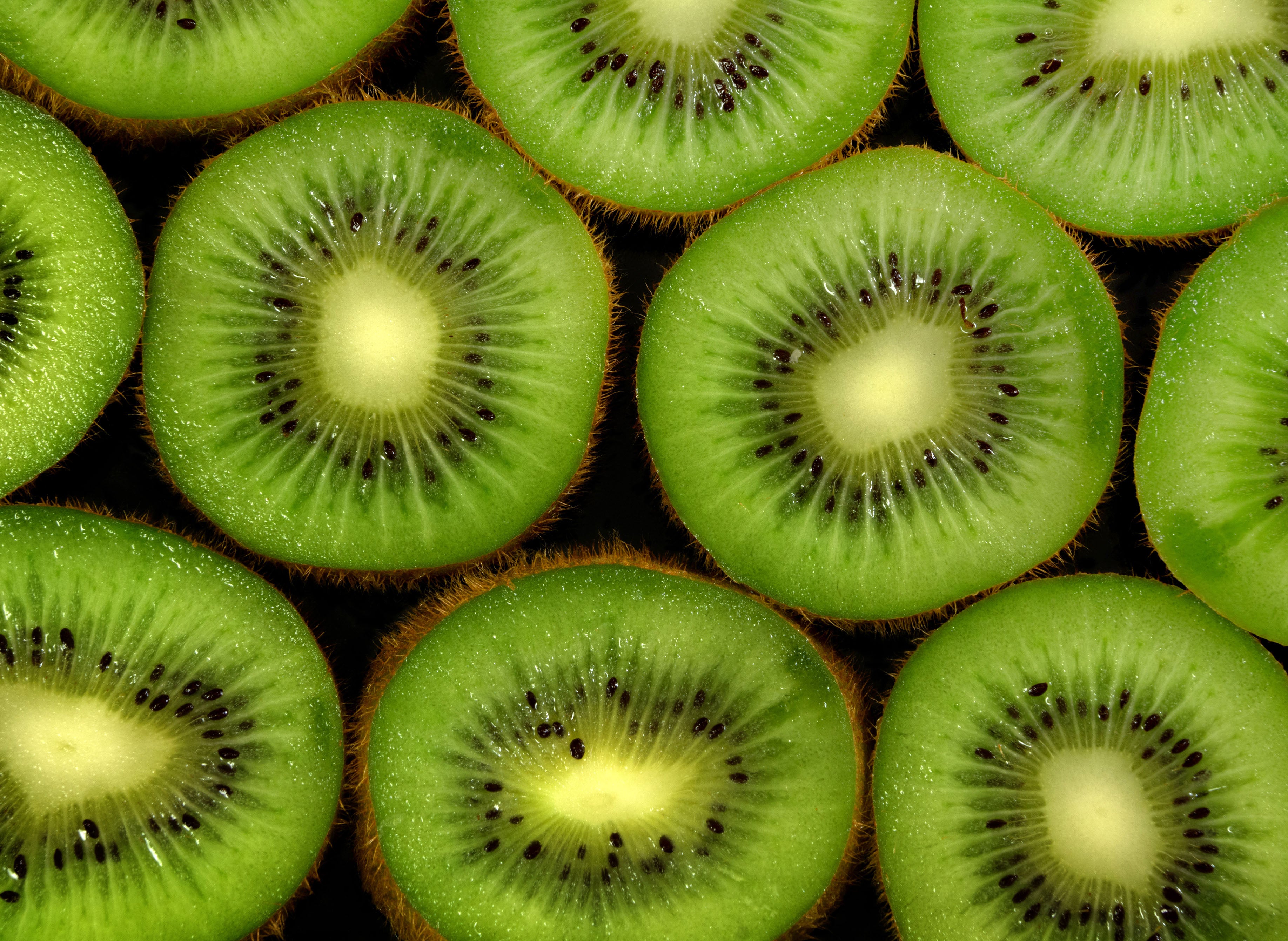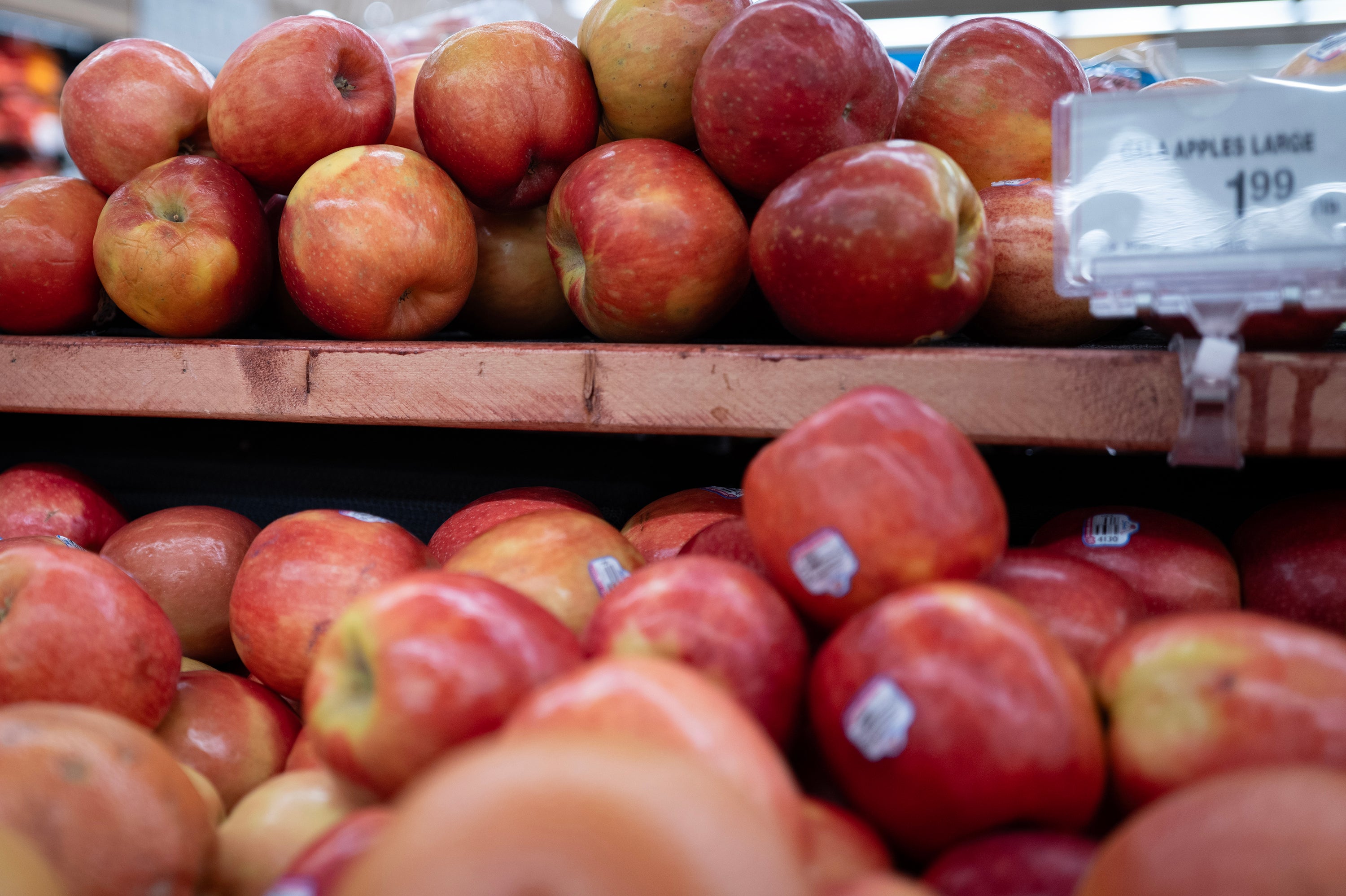The old saying goes, “An apple a day keeps the doctor away” — but nutritionists are advising that another fruit might be even more beneficial for your health.
Kiwis, with their fuzzy brown skins and sweet green insides with edible seeds, are a superfood packed with vitamins and nutrients that rival those of apples.
“People like them because they’re sweet-tart, easy to eat, versatile, very flavorful and colorful and they pack a lot of nutrition,” Caroline Susie, a registered dietitian, told USA Today.
Susie highlighted the substantial vitamin C content in the fruit, noting that one medium-sized kiwi “provides roughly 70 to 85 milligrams of vitamin C, covering your entire daily requirement.” Vitamin C is crucial for immune support and iron absorption in the body.
Another registered dietician, Lisa Young, praised kiwis for their high vitamin K, folate, and potassium content. Combined, these nutrients are essential for the body and can improve bone health, cell growth, and promote healthy blood pressure and cholesterol levels.

Young also hailed kiwis for containing about two grams of fiber per fruit.
“Fiber helps regulate blood sugar, improves bowel regularity and promotes satiety,” Young told the publication. However, she cautioned that eating too many kiwis can cause “bloating, gas or other digestive discomfort.”
On top of that, kiwis have a low calorie count, at about 40 to 45 calories per fruit. Eating a kiwi as a snack can not only provide a necessary dose of vitamins, but can help keep you fuller for longer.
Beyond vitamins and minerals, kiwis contain important antioxidants that help with certain bodily functions.

Young said that research points to how these antioxidants — lutein, zeaxanthin, and polyphenols — may “support mood, reduce fatigue and improve oxidative-stress markers.”
Kiwis may also help improve sleep quality, though additional research is required to confirm that link, Young said.
Overall, nutritionists suggest kiwis as a fantastic dietary addition. It is advised, however, to consult your doctor to ensure that the nutrients and vitamins in kiwis don’t interfere with any existing health conditions or medications.
And yes — the skin is safe to eat, Young says.
A member of the berry family, kiwis originated in China but were later brought to New Zealand where they were developed into the fruit millions have come to enjoy today. Due to the fact that they’re grown around the globe, kiwis are readily available year-round despite being in season from fall to spring.



